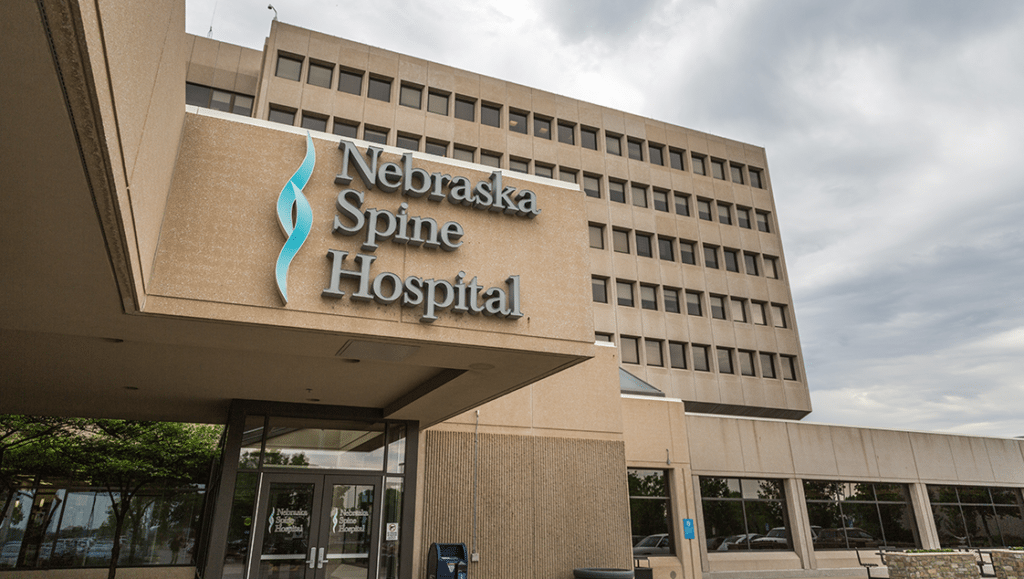Your spine does a lot more than keep you standing upright—it serves as the central support system for your entire body. From enabling movement to protecting your spinal cord, it’s a vital part of your overall health. But when something goes wrong with your spine, it can impact almost every aspect of your daily life. Identifying early symptoms of spine problems is key to catching issues before they progress into something more serious.
This guide will walk you through the most common early warning signs of spine problems, when to seek medical attention, and how early intervention can make all the difference in maintaining a healthy and active lifestyle.
Why It’s Crucial to Identify Spine Problems Early
Early spine problems, if left unchecked, can escalate into chronic pain or permanent mobility issues. For instance, what may start as minor back pain could signal degenerative disc disease, herniated discs, or even conditions like spinal stenosis that worsen over time.
The good news? Most spine issues can be treated or managed effectively when caught early. Recognizing early symptoms can reduce the risk of long-term complications and lead to quicker recovery through appropriate intervention.
Common Early Signs of Spine Problems
Spine issues don’t always scream for attention. Sometimes, they whisper through subtle symptoms that are easy to overlook. Here are some of the most common signs to watch for:
1. Persistent Back or Neck Pain
Everyone experiences occasional back or neck pain, but ongoing discomfort is a red flag. Pain that persists for weeks or worsens with time could indicate underlying issues such as muscle strain, arthritis, or spinal misalignment.
2. Radiating Pain
Pain that radiates from your spine to your arms or legs is a classic symptom of a pinched nerve. This may happen due to conditions like a herniated disc or sciatica. The sensation often feels like a sharp or shooting pain and can make basic activities highly uncomfortable.
3. Numbness or Tingling
Nerves running through your spine control sensation and mobility. When these are compromised, you may experience tingling, numbness, or a “pins and needles” sensation in your arms, legs, or other areas.
4. Difficulty Moving or Reduced Range of Motion
If bending, twisting, or turning causes stiffness or pain, your spine could be the culprit. Reduced mobility may be a sign of degenerative conditions like arthritis or disc problems.
5. Weakness in Limbso
Muscle weakness, particularly in your arms or legs, might indicate nerve compression. This is an alarming sign, as prolonged nerve pressure can lead to permanent damage if not addressed promptly.
6. Unexplained Changes in Posture
Sudden difficulty standing upright or noticeable changes in posture may indicate structural problems in your spine. For example, scoliosis or kyphosis can lead to visible curvature or hump in your back.
7. Loss of Coordination
If you notice frequent stumbling, issues with balance, or trouble with fine motor skills, it may be due to problems in your cervical spine compressing nerves or affecting spinal cord function.
When to Seek Medical Attention
It can be tempting to dismiss spine-related symptoms as minor aches and pains, but knowing when to consult a doctor is crucial. Seek medical attention if:
- Pain persists beyond 2-3 weeks or worsens over time.
- Symptoms interfere with daily activities or quality of life.
- You experience muscle weakness, numbness, or tingling that doesn’t go away.
- You have sudden, severe pain after an injury.
- Bowel or bladder problems arise, as this might indicate a serious condition such as cauda equina syndrome.
Early intervention can lead to targeted treatments like physical therapy, medication, or lifestyle changes to manage symptoms and prevent escalation.
The Importance of Regular Checkups
If you have risk factors such as a family history of spine issues, a sedentary lifestyle, or a physically demanding job, prioritize annual checkups. Early detection of changes in your spine can avert potential complications and ensure timely intervention.
Looking Ahead at Your Spine Health
Catching the early signs of spine problems often means the difference between effective treatment and long-term chronic pain. Pay attention to the signals your body sends—don’t ignore persistent pain, tingling, or other discomforts. Remember, early action can prevent serious complications, restore mobility, and improve your quality of life.
If any of the symptoms listed above sound familiar, it may be time to schedule an appointment with your regular doctor. Your spine supports you every day—take steps to keep it in the best possible shape. Proactive care today can mean a healthier tomorrow.









